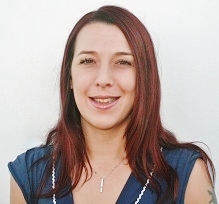 What’s it like when you reach that point when you say, “Enough is enough, I have to change.” And you do change! The moment of clarity that triggers the journey to recovery. Here’s what my close friend Adam had to say in his Recovery Story.
What’s it like when you reach that point when you say, “Enough is enough, I have to change.” And you do change! The moment of clarity that triggers the journey to recovery. Here’s what my close friend Adam had to say in his Recovery Story.
‘Eventually, I ended up living in a caravan in Palm Beach, near Rockingham. I had sold my car for $50, which bought me two dope sticks. I got around on an old pushbike from the dump, but ended up selling that. I was just drinking and smoking dope to get blottoed, and often would wake up to find myself covered in vomit. The caravan, like me, was a mess. Eventually the dope ran out, then the money.
I contacted the Salvation Army in Rockingham and they said they could temporarily house me in a house in Mandurah. As far as I remember, I walked to Mandurah, carrying two black garbage bags containing my few possessions, $10 and a cask of wine.
Then came a moment in time I will never forget. I was walking through a small cemetery in Mandurah when I stopped to look at a gravestone and said to myself, “If I keep going with this destructive life, I will end up in a grave, or jail at the very least.” At the time, I didn’t really care. It was a bit of a strange moment in my life, a turning point you could say.









